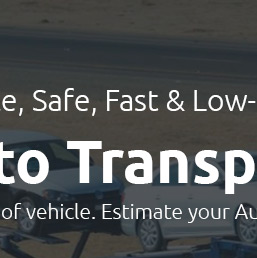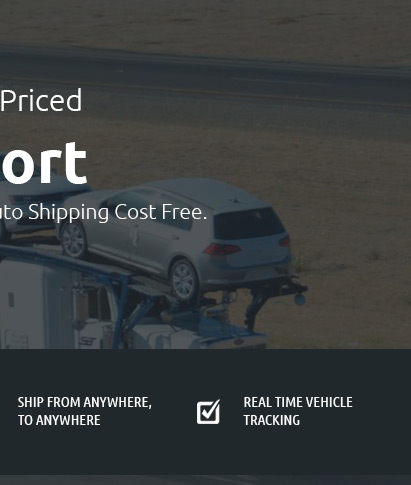 |
|
||||
 |
 |
 |
 |
||
 |
 |
|||||
 |
 |
 |
 |
 |
 |
 |
||
 |
 |
 |
 |
 |
 |
 |
 |
 |
 |
 |
|
 |
Understanding the Cost to Transport a Vehicle Across the CountryTransporting a vehicle across the country is a decision many people face, whether due to relocation, selling a car, or purchasing a vehicle from a distant location. The costs involved in such an endeavor can be influenced by a myriad of factors, each contributing to the final price tag. Understanding these elements can help you make informed decisions and potentially save on expenses. Firstly, the distance between the pickup and delivery locations is perhaps the most significant factor. Naturally, longer distances will incur higher costs. Think of it as the cornerstone of the pricing structure, as more miles mean more fuel consumption and increased wear and tear on the transport vehicle. Next, the type of transport you choose can dramatically affect the cost. Open transport, where your vehicle is loaded onto an open-air trailer, is the most common and generally the least expensive option. However, if you're transporting a luxury, classic, or high-value car, you might opt for enclosed transport, which offers added protection at a higher price. This option shields your vehicle from weather and road debris, providing peace of mind for those willing to invest a little extra for safety. Timing is another key consideration. The season during which you choose to transport your vehicle can play a critical role in pricing. Summer is typically the peak season for vehicle transport due to favorable weather conditions and the high volume of relocations, often resulting in increased demand and higher prices. Conversely, shipping during the winter might be cheaper, but it also comes with the risk of delays due to adverse weather conditions. The size and weight of your vehicle also matter. Larger and heavier vehicles require more space and power to transport, thus increasing costs. Be prepared for additional fees if your vehicle is oversized or modified with add-ons that might affect its dimensions or weight.
In conclusion, while the cost to transport a vehicle across the country can vary widely, understanding the factors that influence pricing allows you to make educated decisions. Weighing the importance of factors such as transport type, timing, and flexibility against your budget and needs can help you navigate this process effectively. Ultimately, a well-planned approach can lead to a balance between cost efficiency and the assurance that your vehicle will arrive safely at its destination. https://www.forbes.com/home-improvement/moving-services/cost-to-ship-a-car/
In a country as vast as the United States, car shipping costs will vary enormously since the distance traveled plays a huge part in determining ... https://www.reddit.com/r/lifehacks/comments/15c5v64/car_shipping/
That sounds cheaper than I would trust to ship a car across the country. ... It cost me $1,500 to ship my truck from New York to Texas so ... https://www.americanautoshipping.com/how-much-does-it-cost-to-ship-a-car/
So, the average cross-country cost to ship a vehicle is $1,300, while an in-state trip will set you back $500 on average (covering 150 miles or less).
|
